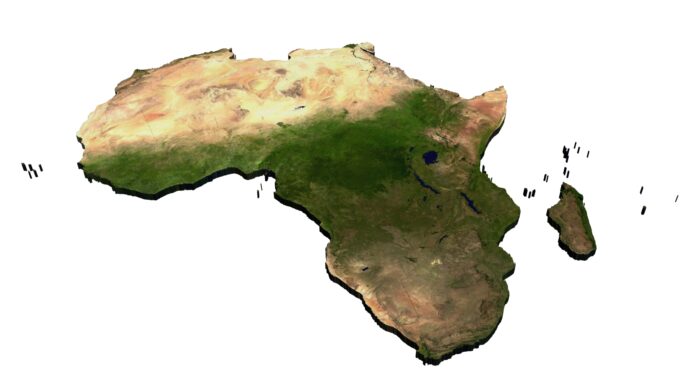South African Film and Publication Board (FPB), its Nigerian counterpart, National Film and Video Censors Board (NFVCB) and similar industry regulators of some other African countries are seeking a collaborative approach to harmonise regulation of content in the continent.
The heads of the agencies and policy makers gathered together for the “Harmonisation of Content Regulation in Africa Summit” holding from March 18 to 20 in Sandton, South Africa.
The event, which is hosted by the FPB, also had in attendance industry regulators and stakeholders from Kenya, Malawi, Swaziland and Lesotho, among other delegates.
Dr Maria Motebang, Acting Chief Executive Officer of the FPB, in her welcome address, said that countries can no longer operate in isolation in content regulation because of the ‘travelability’ of content over the internet.
She therefore urged that body of content regulators needed to discuss and share best practices to assess the extent to which African countries can harmonise the manner in which content is classified.
“We have invited you to journey with us, in the spirit of cooperation, as we all grapple with these challenges as content regulators in the continent.
“We believe that in a continent as diverse and unevenly developed as ours is, we can gain more by leveraging each other’s strengths to ensure the protection of our children and the vulnerable peoples within our borders.
“Developments in the Internet and Communications Technologies have reshaped the world we live in so significantly, as online streaming of entertainment content, notably online gaming, is fast approaching mainstream film industry in revenue generation.
“I trust we have among this room the best minds on content regulation, child development, cultural and religious rights, civil society and academia.
“To shape a positive future for content regulation in this uncertain period of boundary-defying content production, dissemination and consumption,” Motebang said.
Mr Adedayo Thomas, Executive Director of the NFVCB, who led Nigerian delegation to the summit, made a presentation on “Harmonisation of Content Regulation in Africa: A Case for The Movie Industry.”
He identified harmonised capacity building program across Africa , proper management of content ‘travelability ‘, a well defined censorship and classification and cyber safety as factors that needed adequate attention in movie content harmonisation.
According to Thomas, although African countries have individual legislative frameworks that govern the way they regulate content, there was need to form a common front because of diversity of cultures and values.
He noted that a harmonised capacity building program across Africa was ‘imperative as a gate way and point of access to information.’
“There are certain capacity building program that must be harmonized if Africa is to make headway in this modern age of technology.
“One of such capacity building program is a good focus on script writing in order to stimulate and advance skills development to meet the current needs of the film industry.
“In story telling,especially, our own story should instigate action for economic development, and If a certain level of harmony is achieved at this level, production will follow suit,”he said.
The NFVCB boss however charged content regulators across the continent to embrace a harmonised regulatory framework.
“In essence, a harmonized and regulatory framework on content regulation is the bedrock on which every other issue will stand.”
He therefore urged African content developers to give national interest and security, human right and dignity and children’s safety utmost consideration in creating their works.
According to the organisers of the summit, it is expected that at the end of the event, stakeholders, will among other things, develop a blueprint or roadmap on harmonisation of content classification in Africa.
It is also expected that a Steering Committee that will drive the implementation of the roadmap will also be established, with members comprise each representative country, besides a representative body of content creators and distributors.




